Amnesty Mexico shows the difference it makes if you put primary school students in the director’s chair, rather than sit them passive in the audience. They set up a Short Film Festival on Gender Equality to encourage school students to reflect on and communicate their thoughts on equality by writing and directing their own short movies.
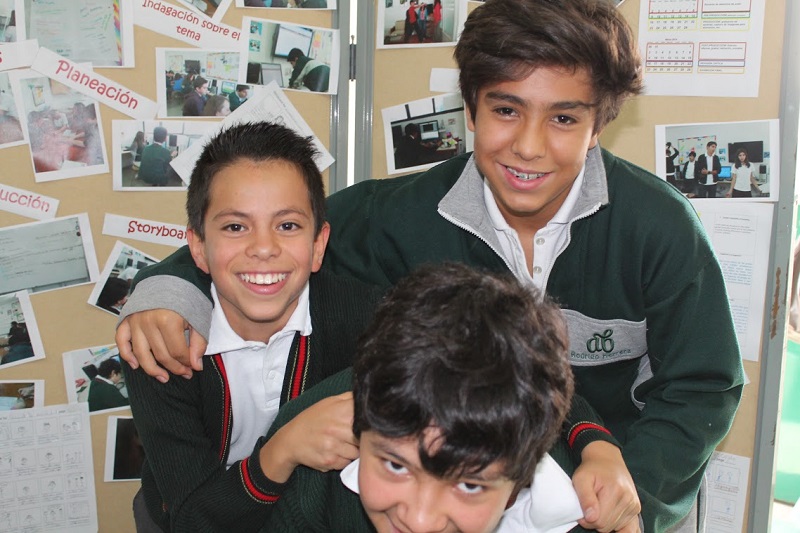
For eight months, 13 year old students at Colegio Alexander Bain’s primary school in Mexico City used a professional software program, rather than a textbook, to explore gender inequality issues, resulting in the production of six original movies on the subject. We talked to one of the students about his experience of the project.
Santiago Villalobos is 13 years old. He is a primary school student, but he has already written and directed a short movie with two of his classmates. This movie, ‘Equal, but not the same’ (‘Diferentes más no desiguales’ in the original Spanish) talks about how gender discrimination and ideas about gender inequality can be transmitted from generation to generation.
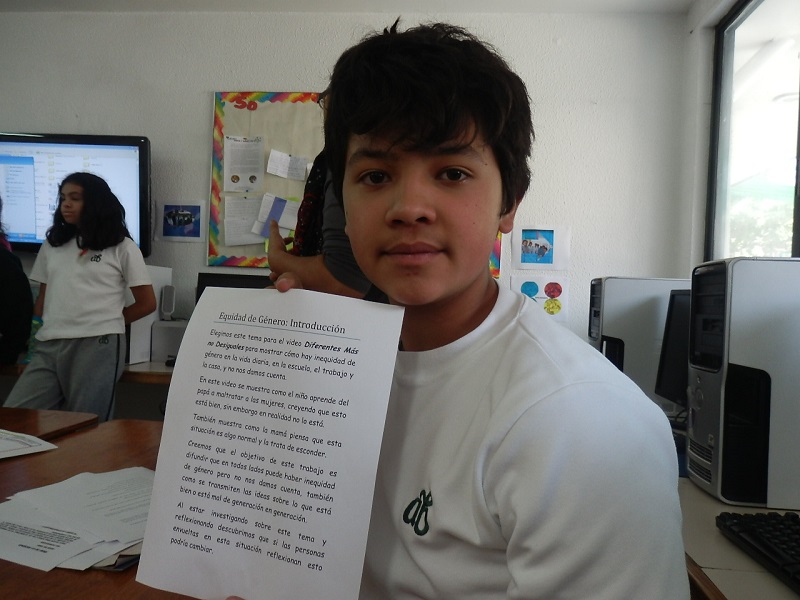
“We chose this topic to explain how gender discrimination happens in everyday life, in the school, at work, in the home, and we don’t even realize it,” explains Santiago.
“Equal, but not the same” tells the story of a small family where the son watches his father’s behaviour and starts to mistreat women. The son then goes on to abuse a girl in his school, which is seen by his headmaster.
I think making this movie has made me more aware of the way I treat women, I now make the effort to make sure I’m treating women in an equitable way.
Santiago Villalobos
In the film, this teacher explains to him that boys and girls are equal, and asks him if somebody in his family is telling him otherwise. The video ends with a conversation between the boy and one of the girls in his class where he admits he was wrong to repeat behaviour that is harmful to women.
Before the credits roll, Santiago and his classmates propose a number of solutions to tackle the problem of gender discrimination, such as educating your family or seeking help at the Woman’s National Institute.
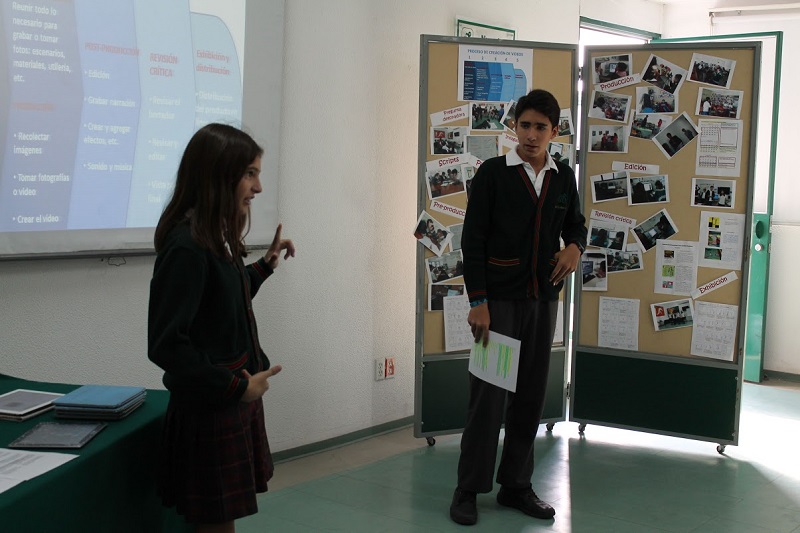
“We wanted to make a film that would make people reflect on how gender discrimination is there, but we just choose to ignore it,” says Santiago. “We wanted to let people know about this problem, and what better way to do it than with a story and with characters people can relate to?”
The film was shown publically at the school’s Short Film Festival on Gender Equality to encourage all the school students to reflect on gender inequality by writing and directing their own short movies.
“I think making this movie has made me more aware of the way I treat women,” says Santiago. “I now make the effort to make sure I’m treating women in an equitable way.”
Santiago admits that before participating in the film festival he knew very little about gender discrimination. However, setting up this project has been an enjoyable learning experience for him and his classmates.
“I think I learnt more making this video than if I had been sitting in class listening to the teacher, because we (the students) were the ones who decided we wanted to learn more about this subject. We did not only learn what we were told, we also did a lot of research on various topics which we thought would help us when making the video ‘Equal but not the same’.”
Gabriela Sanchez Aranda, the Human Rights Education Team Coordinator at Amnesty International Mexico, explains how the Short Film Festival on Gender Equality provided a space where boys and girls could critically reflect on the different ways women and girls are discriminated in everyday life.
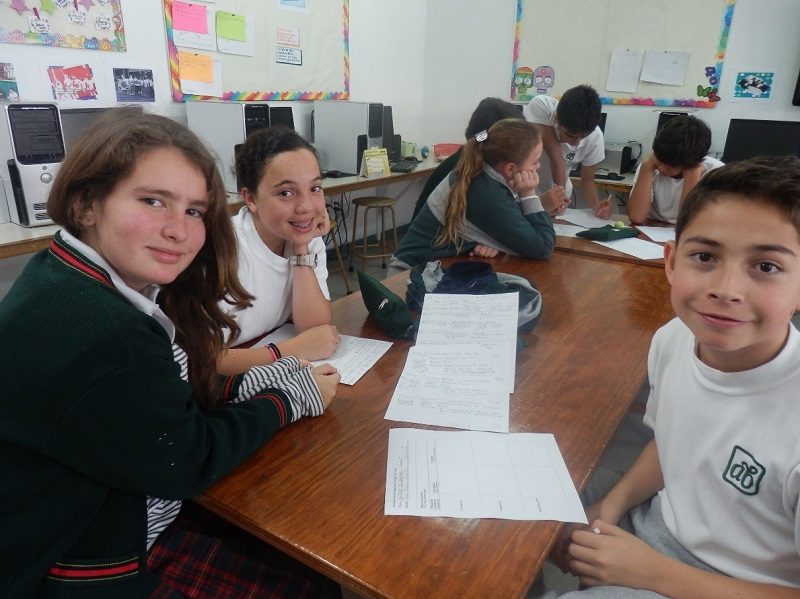
“Women and girls are discriminated in either subtle or open ways every day,” she says. “Students are encouraged to share their views and reflect on how this situation could change through their scripts and their films. This is how we provide a learning environment while also developing their digital skills, which are a key requirement for students nowadays.”
The Short Film Festival on Gender Equality required a great deal of preparation. During the eight months the project took place the students participated in human rights workshops, gender equality workshops, video software and video editing training. The Adobe Youth Voices Program provided the students with the professional software for the video and picture editing and trained the educators to help the students with their videos.
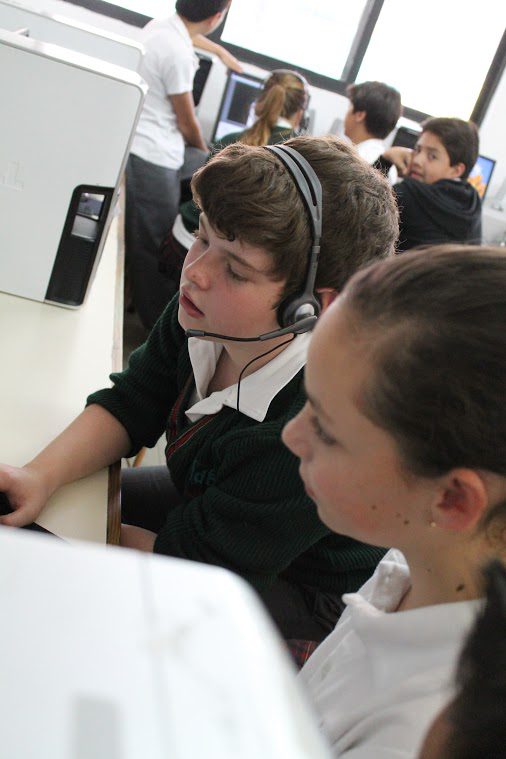
“It was inspiring to see how boys and girls became conscious that human rights begin at home, at school, and in the families,” says Gabriela. “Slowly, they began to realize that they could be agents of change by exposing these problems through their videos. They created situations where women and girls were discriminated and mistreated at home or at school and they proposed different solutions to end this kind of prejudice and discrimination.”
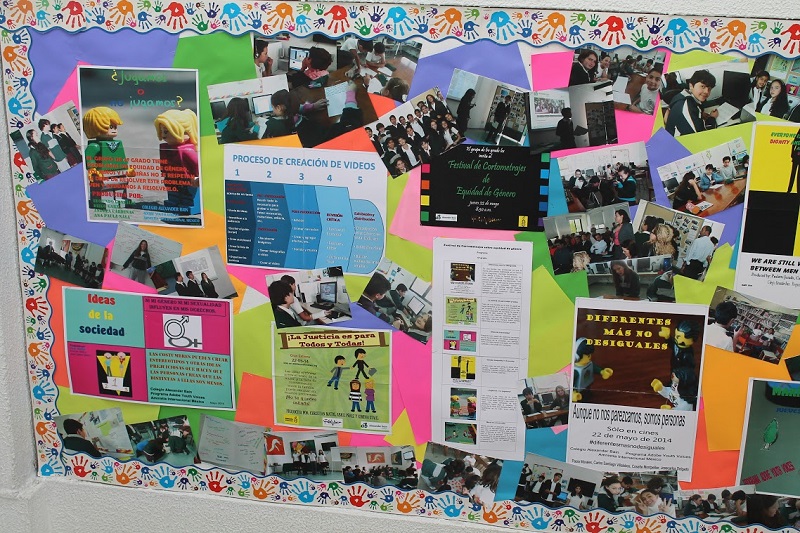
In total, six different movies were shown at the film festival, all written and directed by the 13 year old students of the Colegio Alexander Bain Primary School.


